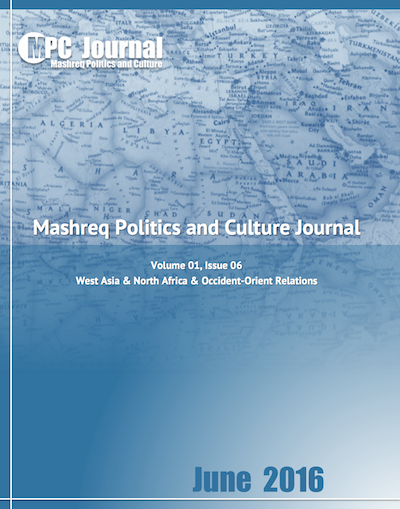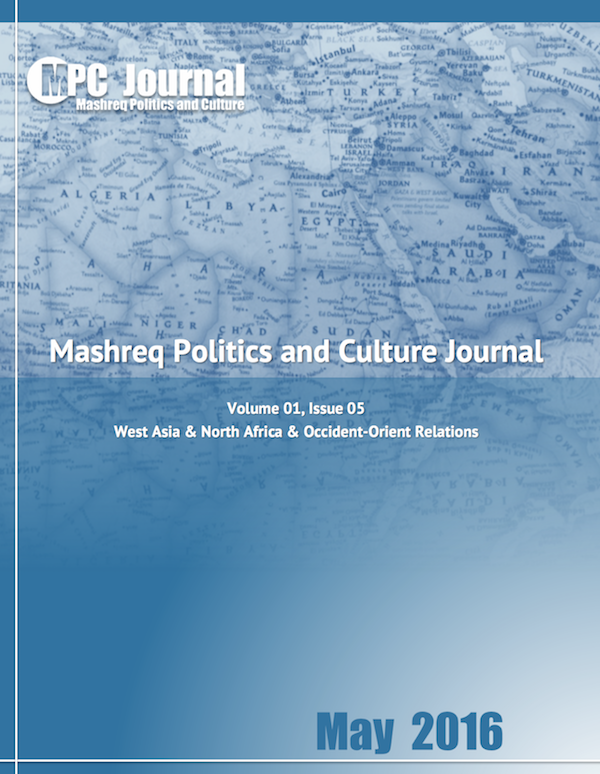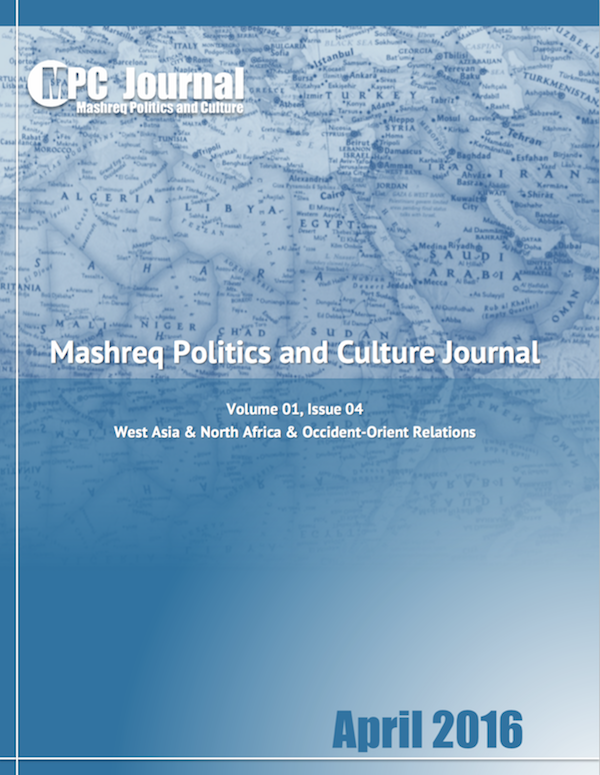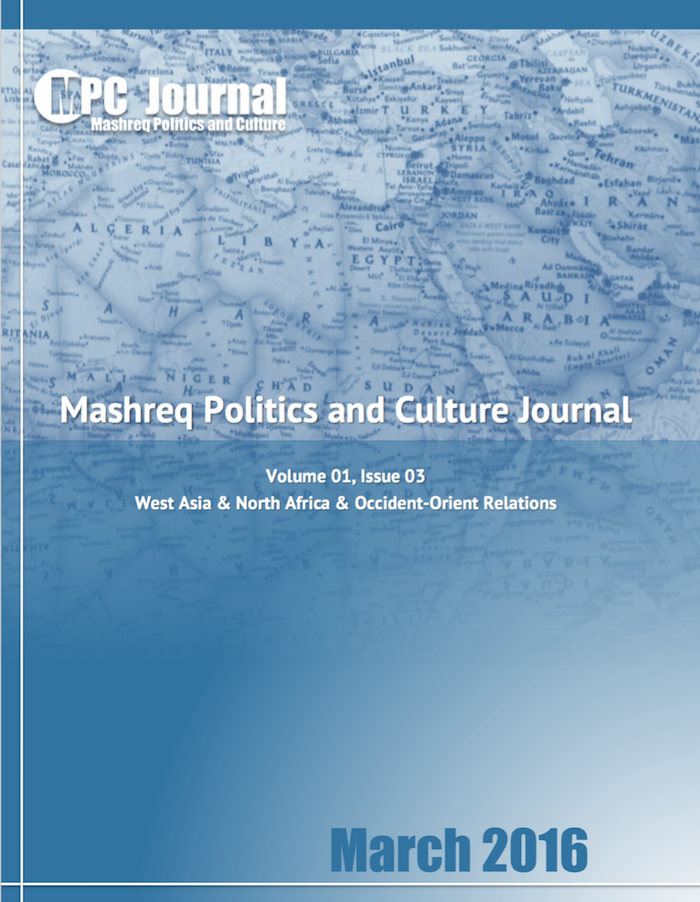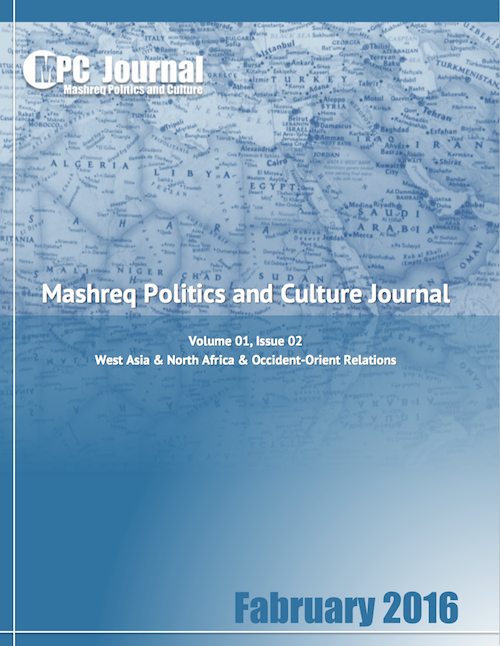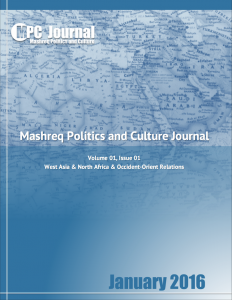Please try to note the following editorial guidelines before submitting your manuscript:
To all contributors and authors:
Purpose of MPC Journal Guidelines
The Journal’s guidelines should provide a consistent, clear, accurate and concise style avoiding verbosity in terms of grammar, spelling, punctuation and language usage.
Format
- Articles should be between 900 and 1,100. Please try not to exceed this. Manuscripts should be between 500-550 words for interviews in the intercultural section and between 900-1,100 words for features in all sections. The length of news stories depends on their importance and do not require any fixed length.
- Contributors should write their manuscripts in Arial font size 12pt, aligned left and 1.15 spaced.
- If you have internet links to your manuscript, please provide them as hyperlinks in your word document then post it to our form under the section SUBMISSIONS.
- Please provide your name as you want it to appear on the website in the specified field in the submission section.
Language
- The language should be UK English and NOT US.
- Official job titles and positions should be written in lower case. They can only be capitalised if they appear directly before a person’s name WITHOUT commas.
e.g. President Hosni Mubarak, the Egyptian president, Hosni Mubarak, met with…
- If a title is long, place it after the person’s name, or set it with commas before the person’s name.
e.g. Recep Tayyip Erdogan, the current Turkish president and former prime minister between 2003 and 2014.
- Use “Al-” for the Arabic (ال). Please do not use other variations.
e.g. Al-Sisi, Al-Shami, Al-Bagdadi.
- Please do not add full stops (periods) for acronyms such as the US, the UK, NATO, etc. However, if a profession’s abbreviation needed, some need a period as in the example.
e.g. Dr., Gov., Lt., the Rev. etc.
- When using an acronym of an organisations or a governmental body, please write the whole name of that body followed by an acronym only the first time it occurs in the article, then just the acronym. Unless an acronyms is internationally known.
e.g. Gulf Cooperation Council (GCC), GPD, CIA, FBI.
- Please always use a person’s first and last name the first time they occur in an article, and then only the last name.
- Please use roman numerals to describe wars and to show sequences for people.
e.g. World War II, Pope John Paul II, King Abdullah II, the Second World War.
- All foreign words should be written in Italics and explained if needed.
Numbers and Dimensions
- Numbers from one to ten should be spelled out unless they occur in dates or preceded by a currency symbol. Numbers above 11 should be written numerically until we reach one million.
e.g. $5, 100, 1,000, 100,000, one million, ten million, 12 million, 20 trillion.
- Please use the metric system for units of distance and weight. Please do not use abbreviations. Spell them out.
e.g. Alexandria is around 200 kilometres far from Cairo. 11 kilograms.
- Percentage should be written as “%”. If they are to be in a title, please write them as “per cent”, NOT percent.
Dates, months, years and days of the week, age
- Please use Arabic numbers and avoid using st, nd, rd, or th.
- Dates should be written as follows: 21 January 2015 (NOT 21st).
- Please use the breadth of the language to communicate the scope of a quote.
e.g. he insisted, she believed, they assumed, they warned etc.
- Please use figures for ages. If they are used as an adjective, they must be hyphened.
e.g. A 21-year-old protestor. The minister is 56 years old. The prince, 35, has a brother, 37. The elections are for 20-year-olds. They are in their 30s.
- Please do not use abbreviations of months or days of the week. If you are referring to an event happened a day before the publication, please avoid using yesterday. Provide the date and the day of the week instead.
Grammar
- Please be consistent about tenses throughout the whole article.
- Please avoid using “that”. For people use “who”, otherwise “which”.
- Please avoid passive voice whenever possible.
Punctuation
- Please use “double quotation marks” and NOT ‘single’ unless a quotation mark is in a quote.
e.g. The MPC Journal reported that, “Al-Sisi called on Muslims ‘to re-evaluate their thought and understand their position’ by looking at their acievements and contributions to the world.”
- Please follow the British system of punctuation and quotations. If quoted words form a clause, phrase or a sentence, then please place commas, full stops, question marks, exclamation marks inside the quote. If the quoted words, however, do not form a full sentence, they should be placed outside the quotation mark.
e.g. President Al-Sisi warned: “be careful when you ask for your rights.” He described the situation through which Egypt is going through as “difficult”.
- When writing lists, please do not use the Oxford comma.
e.g. We talk about Turkey, Syria, Lebanon and Egypt.
More Tips
Few people realise or understand that writing news stories isn’t particularly difficult. It does take practise and not everyone will be an expert – but if you follow the guidelines below you should be able to create effective news items.
The Five “W”s and the “H”
You need to know five things: Who? What? Where? When? Why? How?
Any good news story provides answers to each of these questions.
For example, if you wish to cover a story about a an intercultural event in the UK, you will perhaps need to answer these questions:
Who are the organisers? Who are the participants? Who are the prominent guests?
What topics do they discuss? What is the topic you are focusing on?
Where is the event? Where are the organisers usually based?
When is the event? Are there any other important aspects to cover?
Why are they discussing these particular topics? If it’s relevant, why does such an event exist at all?
How are they presenting their intercultural event? Do they need to fundraise? How much preparation is required?
But you DON’T need to cram all of those Ws and the H into the first sentence or paragraph – they can be fed in throughout the article/report, so long as they are used somewhere.
The Inverted Pyramid
This is the style of journalism, which places the most important facts at the beginning and works “down” from there. Ideally, the first paragraph should contain enough information to give the reader a good overview of the entire story. The rest of the article explains and expands on the beginning.
You should keep in mind the following question: Does the story make sense if we keep only the first two or three paragraphs? If yes, you are good to go. If not, you should rephrase and rearrange it so that it does.
The same principle can apply to any type of writing, news or feature.
News Is All about People
News stories are all about how people are affected. It is not about the author.
What’s Your Angle?
Most stories can be presented using a particular angle or “slant”. This is a standard technique and isn’t necessarily bad – it can help make the purpose of the story clear and give it focus. Examples of angles you could use for your story:
“Elderly woman trapped by fire”
“Boy fights for his life…”
“Fire crews praise café owner”
Keep It Objective
You are completely impartial. If there is more than one side to the story, cover them all. Don’t use “I” and “me” unless you are quoting someone. Speaking of quoting…
Quote People
For example: “We’re determined to build the kingdom,” says the King of Saudi Arabia. “It’s the target we’ve ever set ourselves”.
Don’t Get Flowery
Keep your sentences and paragraphs short.
25-word paragraphs might be too long in a news report. Don’t use lots of heavily descriptive language. When you’ve finished, go through the entire story and try to remove any unnecessary words.
A news story necessarily means simple, readable and understandable facts in a logical order.
Features articles have the same formula of news stories, but with more freedom of expression and the ability to use description and atmosphere.
Compiled by Hakim Khatib, Editor-in-Chief
For ethical issues, please refer to the guidelines in the code of ethics at the Society of Professional Journalism.
For further guidelines, please refer to the downloadable Editors’ Codebook on the the Society of Editors Website.

